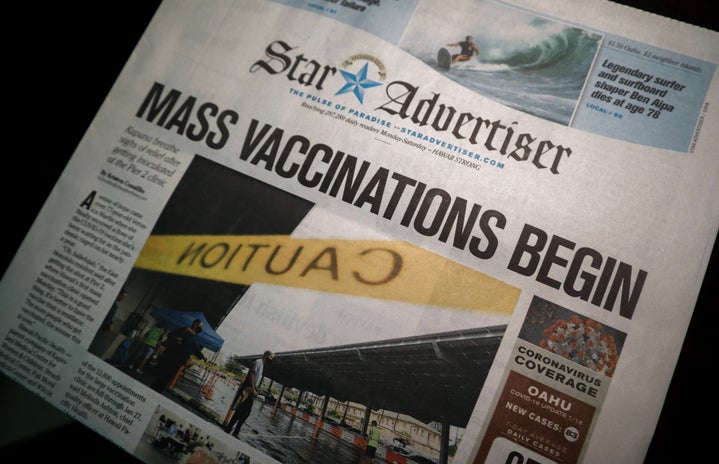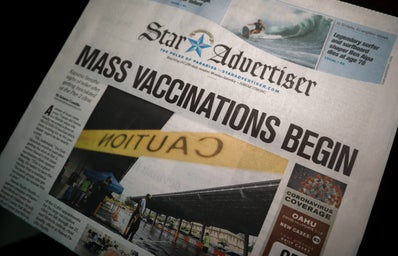The greatest health emergency the world has seen in decades, which some may be as bold as to say a century, came in late 2019. It is still affecting lives worldwide today in 2021 and may continue to affect lives for a few more years to come. This event that most infectious disease experts have warned about and feared for years has finally manifested itself as a far-reaching pandemic, and now it has come along with another problem, that of who in the world gets the vaccine first and who gets it the fastest.
In the midst of such an unprecedented turn of events in contemporary times, instead of the international body cooperating for the collective good of the world, we may find them vying to obtain vaccines in bulk amounts to administer to their citizens instead, an act called Vaccine Nationalism. But it goes more in-depth than that, it’s about economic privilege and access to resources, something that leaves peripheral countries in the dark.
The issue that arises from vaccine nationalism, which is essentially that nations want to hoard the greatest amounts of vaccines possible to be able to distribute in their own nations, with the main purpose of their own population gaining immunity against the given virus and in turn feel safe enough to go out and consume and partake in the economy–which may be a result of political pressures as well. This is something that wealthy countries such as the United States and the United Kingdom, for example, have the ability to do. As of March 2021, data collected by Duke University shows that these high-income countries already have appropriated about 55 percent of the supply of available vaccines even though they compose about 16 percent of the world’s population. Countries such as Mexico or Nicaragua have resorted to purchasing vaccines from countries such as Russia, who as of March 2021 may not have yet been approved by the World Health Organization, WHO, as safe.

Even the COVAX, a partnership of the Gavi and WHO, whose sole purpose is to ensure that COVID-19 vaccines reach every corner of the planet in a fast and efficient manner, is struggling to obtain these vaccines and distribute them. International bodies of the United Nations, of which the WHO is a part, struggle to be able to put into effect the plans and laws that they find fit, mostly because they depend on countries’ donations and support to be able to carry on with them. When a country is not “happy” with how these bodies are handling things, they tend to withdraw both economic and moral support. This is what occurred in the early stages of the pandemic when the then president of the United States Donald Trump withdrew funds from the WHO as a result of how they handled the pandemic and in making China accountable.
All of these issues related to the handling of the pandemic and the distribution of the vaccines only affect those who need them the most, the countries in the periphery who did not have enough personal protective equipment or medical resources to begin with, countries of sub-Saharan Africa, South East Asia and Central America, among other regions of the world.
The lack of vaccine resources in addition to hurting the poor, hurts women, children and the elderly. Women may now be subject to more domestic abuse than they previously were, children’s parents may be out of work and now be even more impoverished than before causing children to have to drop out of school to help out and the elderly now depend on young family members or such to provide for them more than ever.
Vaccine nationalism will not go away in the near future, it will continue to impact the poorest nations on the planet as long as there is a threat of a novel virus and as long as one country is more powerful than another. This issue proves just how much economic privilege can benefit a state in terms of an international emergency, and perhaps show a clear disparity in how these events are handled.
Want to see more HCFSU? Be sure to like us on Facebook and follow us on Instagram, Twitter, TikTok, Youtube and Pinterest!



